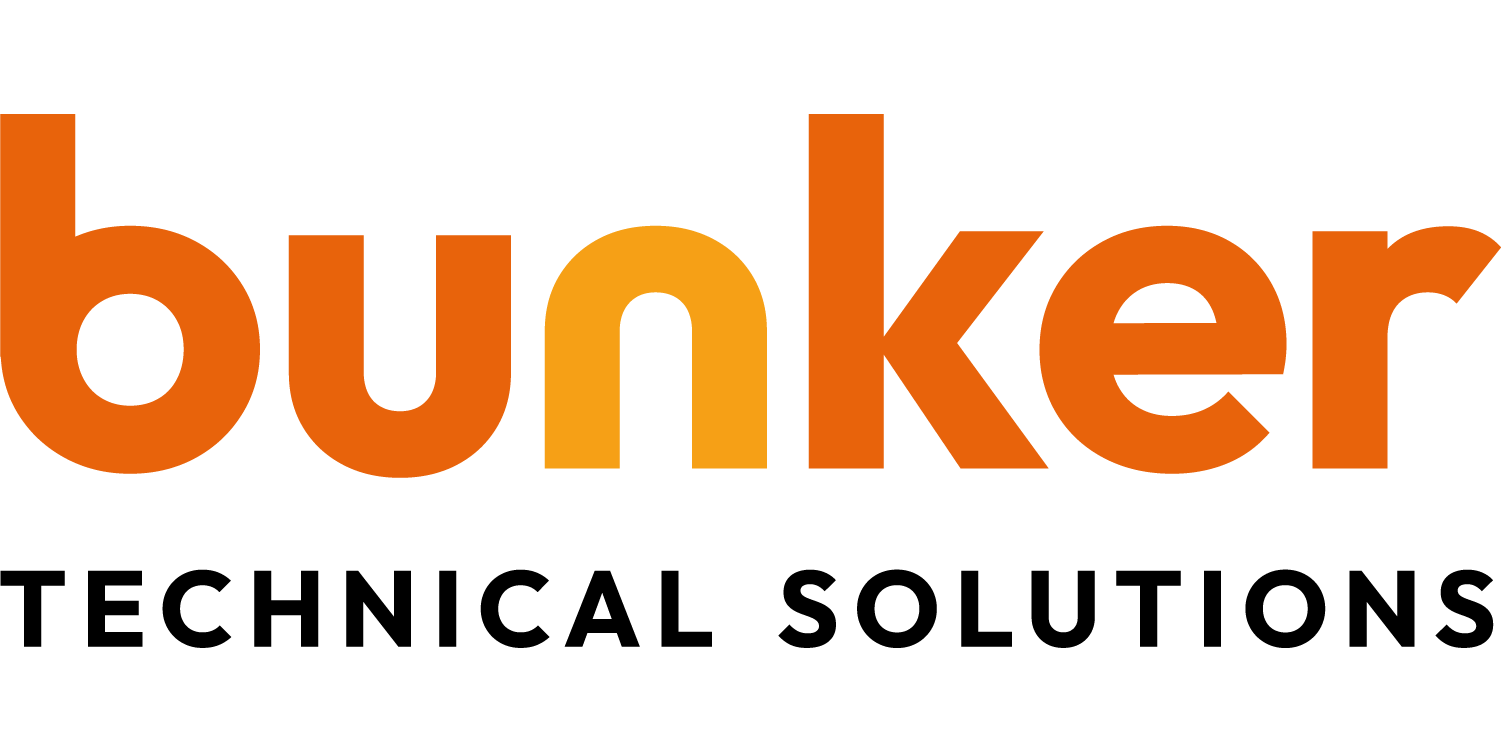Freeing Up Time for What Matters Most
Charity staff and volunteers often wear many hats, juggling everything from fundraising and events to reporting and communications. AI copilots automate repetitive tasks like:
- Drafting donor thank-you emails
- Scheduling social posts
- Organizing contact databases
- Preparing reports for board meetings
By taking care of the busywork, copilots let teams focus more on strategy, storytelling, and human connection—the heart of every mission.
Boosting Fundraising Efficiency
Fundraising is the lifeblood of many nonprofits, and copilots can supercharge efforts by:
- Analyzing donor data to identify high-potential supporters
- Generating personalized donation appeals
- Suggesting optimal times for outreach based on engagement trends
- A/B testing campaign messaging
With these tools, charities can reach the right people with the right message—raising more funds with less manual effort.
Grant Writing and Reporting Made Easier
AI copilots assist in drafting compelling grant proposals and impact reports by:
- Summarizing project data
- Recommending grant language based on successful templates
- Ensuring compliance with funder requirements
- Providing real-time feedback on clarity and tone
For smaller organizations without a dedicated grants team, this can be a game changer.
Improving Stakeholder Communication
Whether it’s keeping donors informed or updating volunteers, communication is key. Copilots help by:
- Drafting newsletters and press releases
- Translating content into multiple languages
- Creating accessible summaries for diverse audiences
- Monitoring sentiment across emails and social media
This keeps stakeholders engaged and ensures your message is always on point.
Making Data Work for Good
AI copilots excel at processing and interpreting data—something many nonprofits struggle to keep up with. They can:
- Track and visualize impact metrics
- Monitor trends in community needs
- Flag anomalies in donation or service data
- Provide real-time dashboards for transparency
That means smarter decisions, stronger storytelling, and clearer accountability.
The Human Heart Still Leads
Let’s be clear: AI copilots are not here to replace the passion and empathy that power the nonprofit sector. They are here to support it. The best outcomes happen when human creativity and AI capability work together—saving time, reducing burnout, and amplifying the reach of good work.
Conclusion: A New Ally for Social Good
The charity sector is entering a new era, where mission meets innovation. AI copilots may not volunteer at the food bank or stand at a protest, but they can help write the grant, manage the calendar, and send that critical follow-up email.
For charities ready to embrace digital transformation, AI copilots offer a powerful promise: to do more good, more efficiently, and with more impact than ever before.




